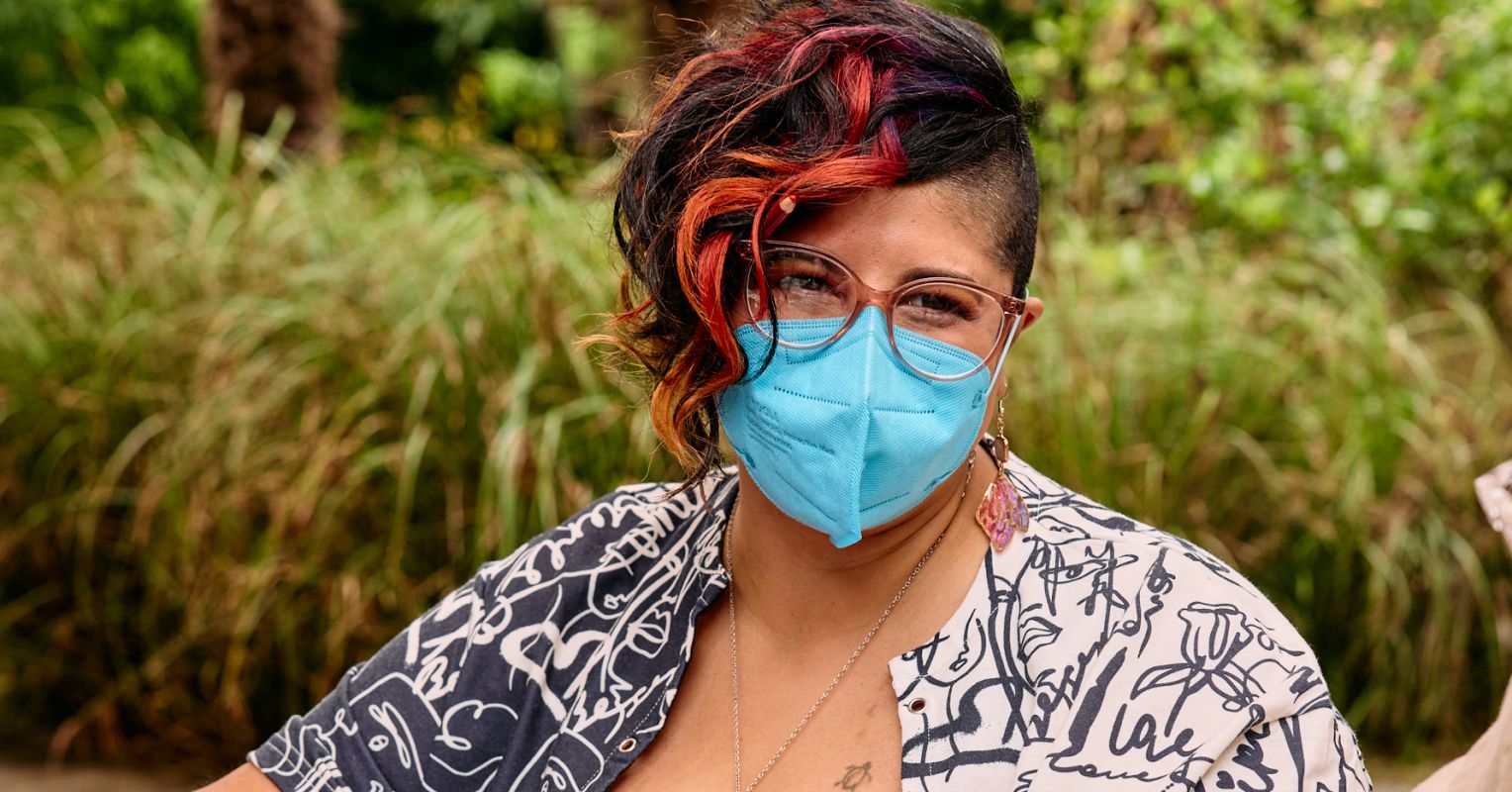Artificial intelligence is making waves in mental health care, and chatbot therapists (digital tools designed to talk us through our struggles) are at the forefront. They promise accessible, affordable support that’s always just a tap away. As these platforms grow, it’s worth asking: Are they a game-changer for mental wellness, a passing fad, or something we should approach with caution?
Why Chatbots Are Gaining Traction
The appeal of AI therapy is hard to miss. The World Health Organization highlights a global shortage of mental health professionals—some countries have fewer than 10 psychiatrists per 100,000 people. With anxiety, depression, and stress on the rise, the need for new solutions is urgent. Chatbots step in, offering 24/7 support, often at little or no cost, reaching people in underserved areas. A 2020 JMIR Mental Health study found that AI interventions could connect with more folks than traditional therapy, with 63% of people surveyed open to using a chatbot for support. That’s a lifeline for those who feel stranded.
Then there’s the privacy perk. Stigma still keeps too many from seeking help, but chatbots offer a judgment-free zone to unpack what’s weighing us down. It’s like having a quiet corner to breathe and reflect, and no appointment needed.
A Growing AI Landscape of Support
The chatbot scene is booming. Grand View Research predicts the AI mental health market will top $5 billion by 2027, driven by these tools. By 2024, over 100 platforms were active, with about 10 million users worldwide as of 2023—many from regions where therapists are scarce. Research shows 75% of users appreciate the accessibility, affordability, and neutral tone. A few standouts illustrate the range. Woebot, launched in 2017, uses Cognitive Behavioral Therapy to guide users—Stanford research showed it reduced anxiety and depression in just two weeks. Wysa focuses on mindfulness and self-care, helping over 3 million people manage stress. Tess tracks emotions in real time, fostering resilience. Sex Therapy Pro tackles sexual wellness, a key piece of mental health, with tailored, confidential support. Each offers a unique angle on healing.
The Risks and Limitations
But here’s where we pause. Not all chatbots are created equal—some lack rigorous testing and could give shaky advice. They’re only as good as their data; if it’s flawed, the output can be too. Privacy’s another concern. These tools collect our deepest thoughts—without top-notch security, that trust could break, with real fallout.
And for bigger struggles? They hit a wall. A 2021 Psychiatric Services study found chatbots help with mild to moderate issues but fall short for severe conditions like chronic depression or trauma. Trauma expert Rae Cuffe, LCSW, stresses the power of in-person therapy for deep healing: “There’s something irreplaceable about sitting with someone who truly sees you.” For the toughest battles, human connection still reigns.
So, What’s the Verdict?
Chatbot therapy isn’t a cure-all, but it’s a vital tool, especially for expanding access. It’s set to grow, and that’s exciting, as long as we keep it grounded in science, locked tight on privacy, and responsive to real needs. Think of it as a partner to traditional care, not a replacement. Together, they could reshape mental health support for the better.
What role might it play in your life, or the lives of those you care about?




